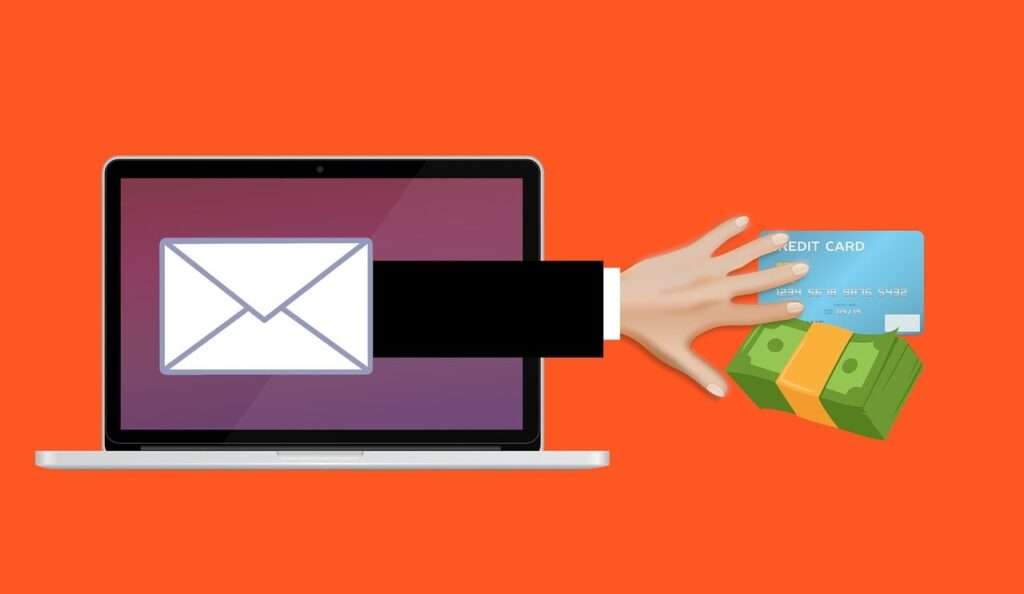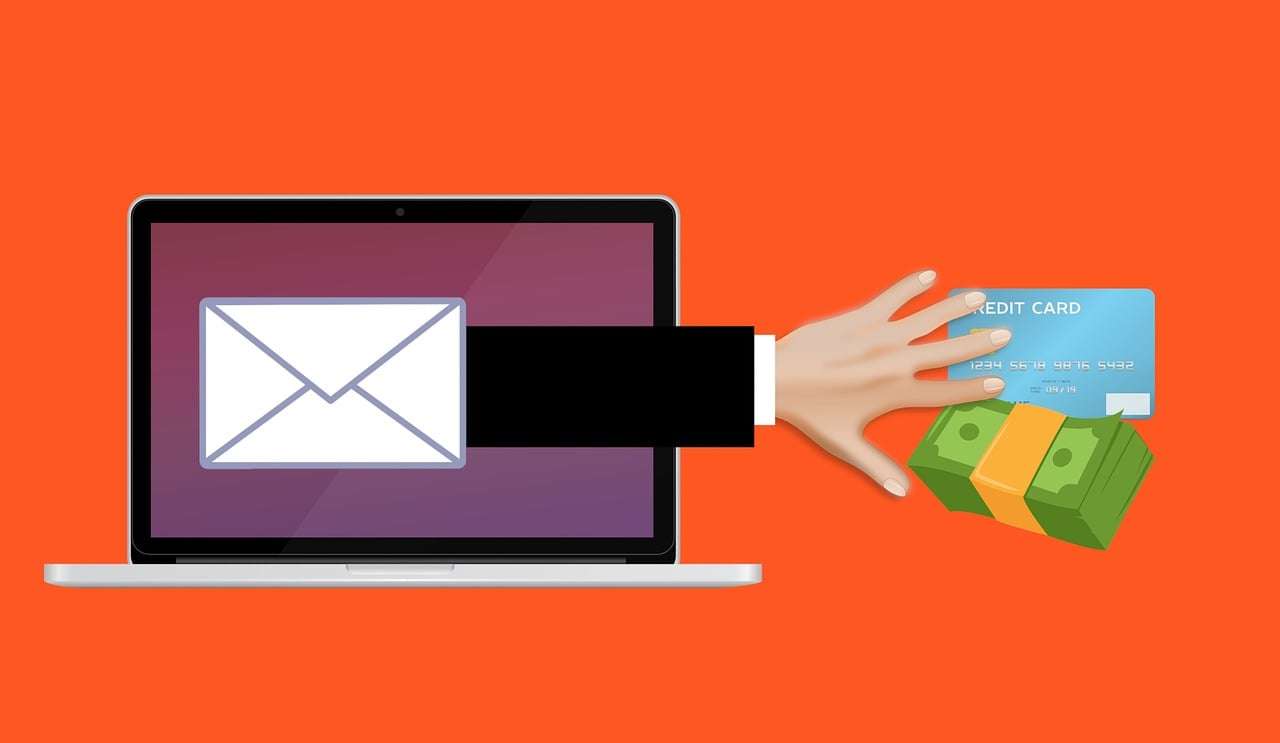A devious email scam has been making the rounds targeting SiriusXM satellite radio subscribers. The phony emails claim that the recipient’s subscription has expired and they must urgently renew to avoid an interruption in service. But it’s all a fraudulent attempt to steal personal information and money. This in-depth guide will reveal everything you need to know about spotting, avoiding, and protecting yourself from the SiriusXM expired subscription email scam.
- Overview of the SiriusXM Satellite Radio Subscription Expiration Scam Emails
- How the SiriusXM Satellite Radio Subscription Expired Email Scam Works
- Warning Signs to Spot the SiriusXM Subscription Expired Scam
- What to Do if You Are Victimized by the SiriusXM Expired Subscription Scam
- How to Protect Yourself from the SiriusXM Subscription Scam Going Forward
- Frequently Asked Questions About the SiriusXM Satellite Radio Subscription Expired Email Scam
- Recap and Key Takeaways on the SiriusXM Expired Subscription Scam

Overview of the SiriusXM Satellite Radio Subscription Expiration Scam Emails
This scam involves fake emails being sent out to SiriusXM subscriber email addresses. The emails are made to appear as if they are official notifications from SiriusXM, typically including:
- SiriusXM logos and branding
- Mention of the recipient’s subscription details
- A message about an unpaid balance or expired subscription
- A threat of service interruption if action is not taken
- Malicious links and attachments
- Spoofed sender details to imitation SiriusXM domains
These emails aim to worry recipients that their satellite radio service is about to be cut off due to a payment issue or expiration. Urgency is conveyed to trick the victim into quickly clicking links or calling phone numbers contained in the email without scrutinizing further.
However, the links actually lead to phishing sites designed to steal login credentials or download malware. The scammers can then access account details, steal payment information, and compromise devices now infected with viruses.
Here is how a scam email might look:
Dear [customer name], Your SiriusXM satellite radio subscription is scheduled to expire on [date] To maintain uninterrupted service, please confirm your billing details now. Failure to renew immediately may result in deactivation of all service. Act now by clicking the link below to confirm your payment method and continue enjoying SiriusXM without disruption! CONFIRM ACCOUNT DETAILS HERE Thank you, SiriusXM Customer Loyalty Team
These crafty emails take advantage of subscribers not reading closely or questioning the validity of unexpected notifications. But with knowledge of their tactics, one can recognize the scam signs and avoid being fooled.
How the SiriusXM Satellite Radio Subscription Expired Email Scam Works
Let’s break down the detailed steps the scammers take to successfully pull off this fraud:
1. Obtain Legitimate Email Addresses
The scammers first acquire the email addresses of actual SiriusXM customers. Email lists are purchased on black market sites, harvested through malware, or obtained by breaching businesses with account holder data.
2. Create Convincing Fake SiriusXM Emails
The fraudsters carefully craft emails designed to mimic legitimate messages from SiriusXM. These contain:
- Official logos and colors
- Sent from addresses like support@siriusxm.online to appear real
- Believable subject lines about expiration or account issues
- The recipient’s name and partial account number
- Language warning of immediate service loss if action not taken
3. Send Mass Volumes of Emails
Using cheap bulk email services, the scammers blast out huge waves of the phony expiration emails. Millions at a time are sent to subscriber inboxes.
4. Recipients React and Click Links
A percentage of recipients will be tricked, worried their service is ending. They urgently click the links or call numbers without realizing it’s a scam.
5. Scammers Steal Personal Information and Money
The links take users to convincing fake SiriusXM login portals to steal account credentials or install malware. With account access, scammers can charge fraudulent payments or sell account details.
6. Identity Theft and Abuse
Scammers use stolen personal and financial information to open fraudulent accounts, file fake tax returns, commit billing fraud, and generally exploit the victim’s identity.
As you can see, the scammers employ some clever social engineering techniques for tricking subscribers combined with technological tools for stealing data. But with vigilance, their deceptive emails can be spotted and deleted before any damage is done.
Warning Signs to Spot the SiriusXM Subscription Expired Scam
While the scam emails are designed to look authentic, there are telltale signs upon closer inspection you can watch for:
- Generic greetings – Real SiriusXM emails address you by name, not “Dear listener” or “Dear customer”.
- Unprofessional language – Grammatical errors, style issues, threatening urgent tones signal scams.
- Forged sender address – While made to look legitimate, subtle differences like extra numbers/letters give it away.
- Requests for immediate payment – SiriusXM provides renewal notice well in advance and does not immediately deactivate without additional notice.
- Links to non-SiriusXM websites – Hover over rather than click links to check destinations.
- Mismatched links – Linked text may say one thing but the actual URL is totally different.
- Poor image quality – Scam logos and graphics often appear low resolution, blurred or pixelated upon close inspection.
- Requests for account password – SiriusXM will NEVER ask for your account password by email.
- Spelling/wording inconsistencies – The scammers may lazily miss replacing all instances of a copied template.
- No satellite radio references – Scammers recycling other scam templates may forget to change key details.
With critical thinking and paying attention to these warnings signs, you can confidently identify and dispose scam expiry emails.
What to Do if You Are Victimized by the SiriusXM Expired Subscription Scam
If you unfortunately interacted with one of the deceptive emails, quick reaction is needed to protect yourself:
- Call SiriusXM – Alert them you received a scam email at 1-866-635-2349 so they can secure your account.
- Change account passwords – If you entered credentials, update your password and security questions immediately. Enable two-factor authentication as well.
- Inspect devices for malware – Run thorough antivirus scans to remove any potential infections from downloaded files.
- Monitor accounts closely – Review statements daily for any unauthorized charges. Report any found to associated institutions right away.
- Place fraud alerts – Contact credit agencies to place alerts warning of potential identity theft.
- Consider credit monitoring – Service like LifeLock can monitor credit/public records and alert you of suspicious activity.
- File complaints – Report the scam email to the FTC and SiriusXM so they can investigate. Provide headers and content.
Move quickly if compromised to limit the potential damages. But prevention is most effective by recognizing and avoiding the scams entirely.
How to Protect Yourself from the SiriusXM Subscription Scam Going Forward
Subscriber vigilance is key to stopping this scam in its tracks. Follow these practices to secure yourself:
- Avoid clicking links in emails – Go directly to SiriusXM.com or their app to manage your account. Verify messages over the phone first if concerned.
- Mark unsolicited emails as spam – Train email filters to automatically detect and block scam messages.
- Keep software updated – Maintain security patches and antivirus protection to reduce vulnerability.
- Use strong passwords – Unique complex passwords prevent fraud if any account is breached. Enable two-factor authentication as well.
- Watch out for spoofed numbers – Caller ID can also be faked. Verify numbers independently.
- Check statements frequently – Scan for any unusual charges indicating unauthorized access or identity theft issues.
- Freeze credit reports – Stop accounts from being fraudulently opened by freezing credit reports when not actively seeking credit.
With proper precautions exercised, you can stop scammers in their tracks. They rely on engineering lapses in judgment – don’t give them that opportunity.
Frequently Asked Questions About the SiriusXM Satellite Radio Subscription Expired Email Scam
Many SiriusXM subscribers have been receiving fraudulent emails claiming their subscription has expired and they must take immediate action to renew. This scam aims to steal personal information and money from victims. Below are answers to commonly asked questions about identifying and protecting yourself from this deceptive scam.
What is the SiriusXM expired subscription email scam?
This is a phishing scam where scammers send fake emails pretending to be SiriusXM. The emails state that the recipient’s satellite radio subscription is expiring and must be urgently renewed to avoid deactivation. This tricks worried recipients into clicking links or calling phone numbers in the email leading to identity theft and unauthorized charges.
How do I recognize a fake SiriusXM expired subscription email?
Watch for red flags like a suspicious sender address, grammar/spelling errors, threatening urgent tones insisting you take immediate action, requests for personal information, malformed links to sketchy third-party sites, low-quality logos, and inconsistent messaging.
What information are the scammers trying to steal?
The scammers aim to steal your SiriusXM username and password, credit card details, social security number, or any other personal data to access your account and commit identity theft.
What happens if I click the links or call the numbers in the scam email?
The links will take you to convincing fake SiriusXM login pages to steal your credentials or download malware onto your device. The phone numbers lead to scammers posing as SiriusXM agents to deceive you into providing private info.
How do the scammers obtain subscribers’ email addresses?
Email lists are purchased on the dark web, hacked from databases, harvested from malware links, phishing sites, and breached accounts. Victims’ contacts may also be compromised leading scammers directly to more targets.
What damage can result if I fall for the SiriusXM expired subscription email scam?
You may have your identity stolen, accounts accessed to make unauthorized purchases, subscriptions fraudulently opened in your name, devices infected with viruses, and credit/scores lowered due to scammer actions.
What should I do if I interacted with a scam SiriusXM expiration email?
Immediately call SiriusXM to alert them and review any recent account activity for fraud. Change your Sirius password and enable two-factor authentication. Scan devices for malware and be on high alert by monitoring bank/credit accounts daily for misuse.
How can I avoid falling for the fake SiriusXM expired subscription email scam?
Do not click links or provide info in unsolicited emails. Manually log into your SiriusXM account to check status and renew. Update email security settings to filter out scams automatically. Use unique strong passwords everywhere and maintain vigilance against phishing attempts.
Who should I report the SiriusXM expired subscription scam emails to?
You can report fake emails to SiriusXM directly at abuse@siriusxm.com so they can escalate to their security team. Also file a complaint with the FTC at ftc.gov/complaint so they can investigate the ongoing scams.
Staying wary of unexpected urgent emails asking you to verify personal or account information is key. With awareness of their tricks, you can spot scammer emails and stop fraud attempts before they succeed.
Recap and Key Takeaways on the SiriusXM Expired Subscription Scam
This common but effective scam tricks worried subscribers into providing valuable personal data and money under the guise of an expiring subscription. But understanding their deceptive tactics allows one to see through the scam before being fooled.
The key lessons to remember are:
- Urgent expiration emails are sent in mass targeting SiriusXM users
- Scammers mimic official branding and messaging
- Links and phone numbers provided are fraudulent
- Goal is stealing credentials and account access
- Damage includes unauthorized charges and identity theft
- Warning signs like spelling errors and suspicious links can reveal scams
- Prevent by being cautious of all emails requesting personal info
- If compromised, act swiftly to lock down accounts and protect identity
Remaining vigilant against unexpected emails and using common sense judgment of links are the best defenses. Don’t allow your desire for uninterrupted service to blind you from recognizing this crafty fraud. With increased awareness, subscribers have the power to render this scam obsolete.




